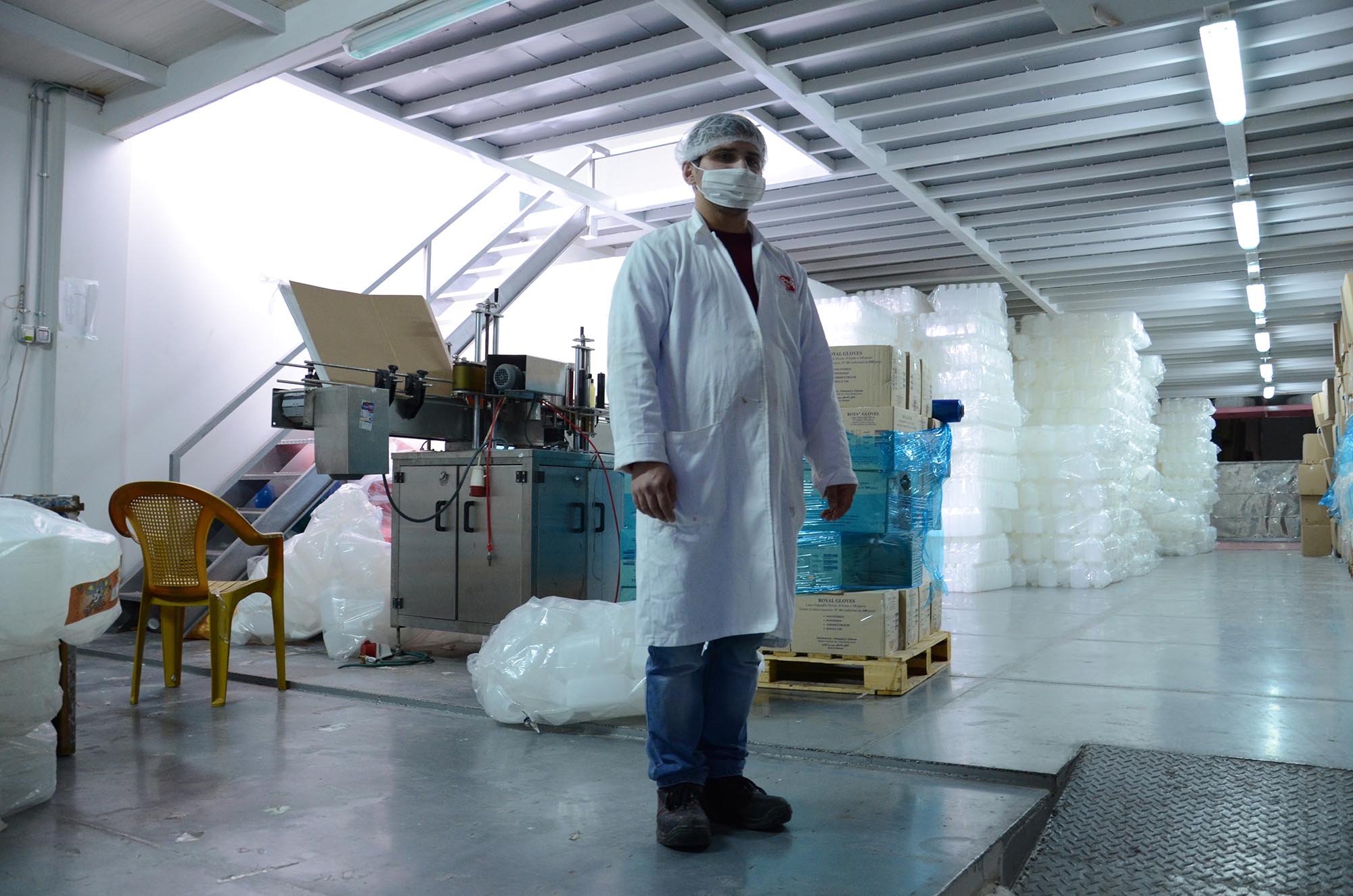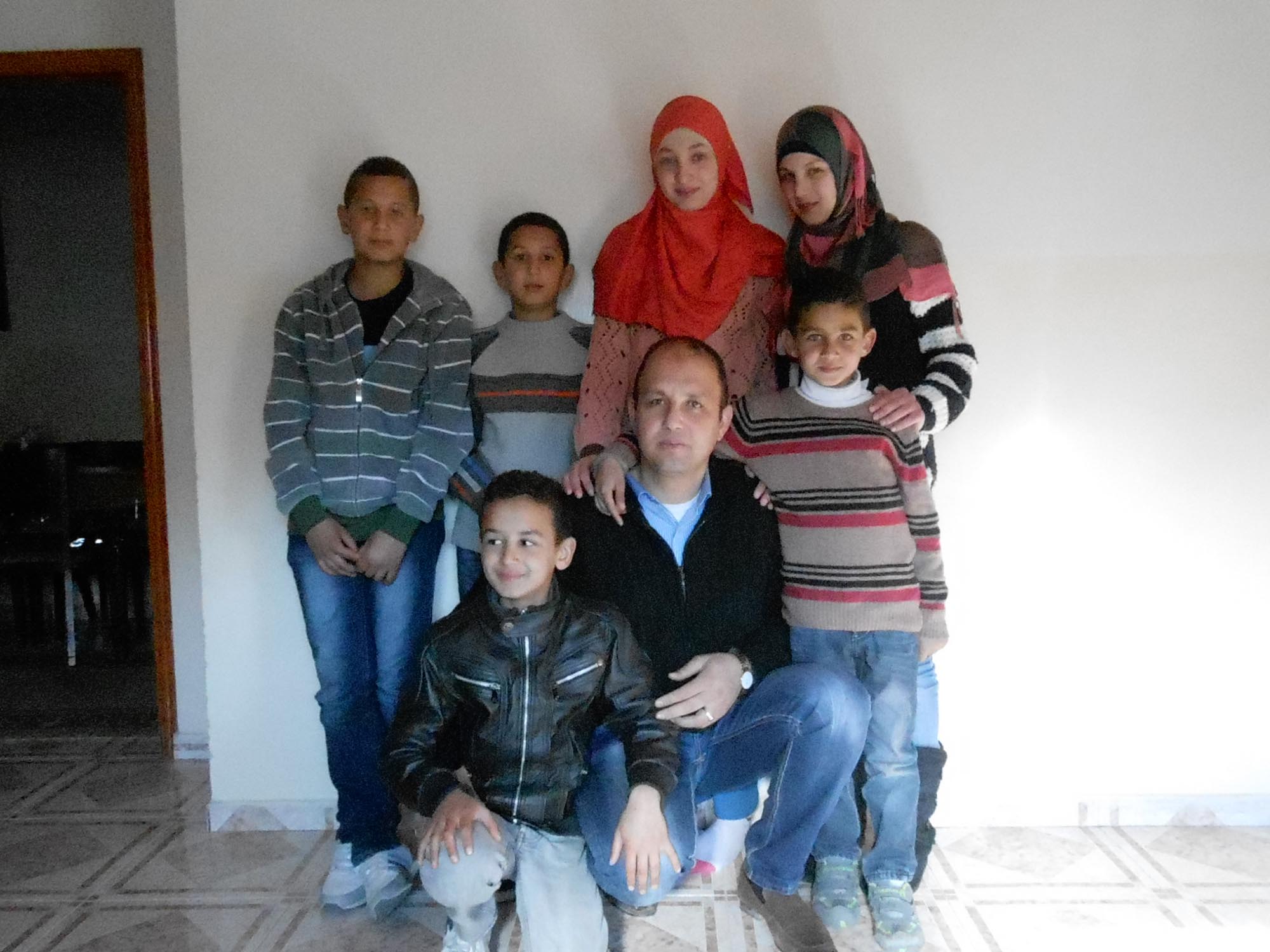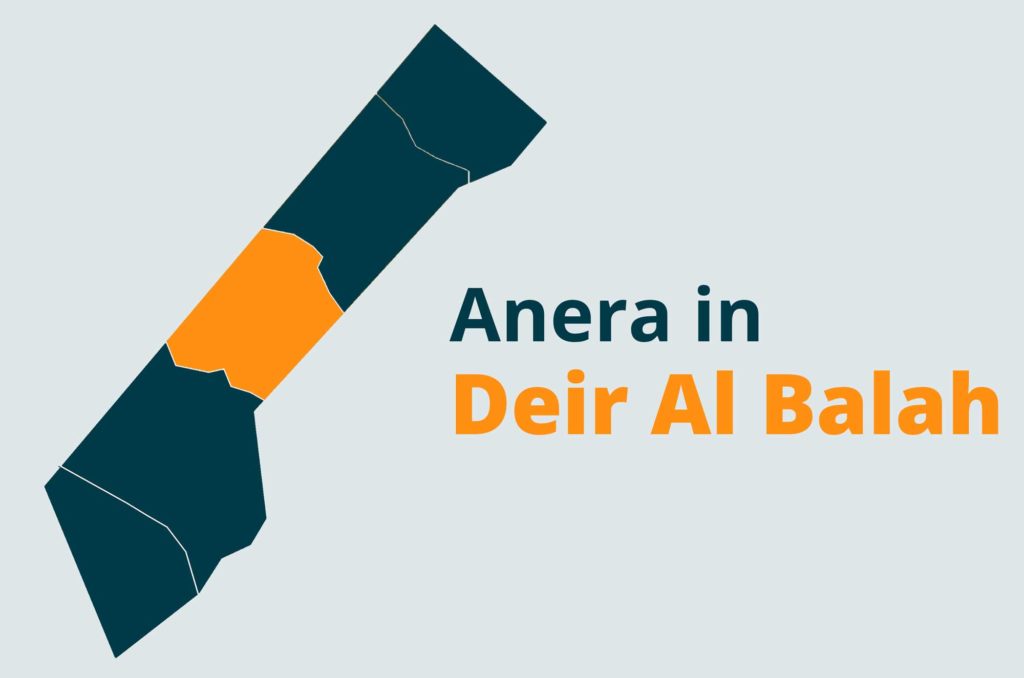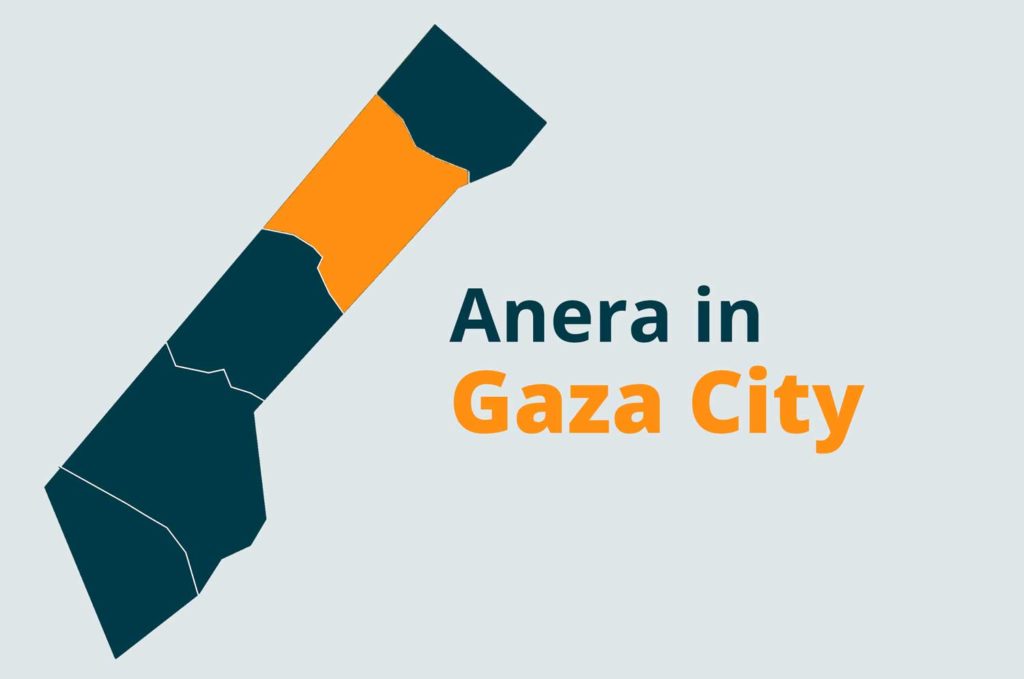Mar, 2014
My name is Ahmad but I am better known by my nickname Hamoda. We live in Al-Sawarha village, southeast of Jerusalem, parents and eight brothers and sisters.
I was just a school kid when my father, Mohammad Salameh, joined the Al Marifa Farmers Cooperative in 1982. But I vividly remember his enthusiasm and devotion to the cooperative and how he worked tirelessly to develop it. He was originally an accountant, who became a teacher of mathematics, but his passion for agriculture was over-riding and spurred him on to success for himself and for us.
The West Bank cooperative had 45 members in the 1980s and needed a money-generating project. Along came Anera in 1989 with a $200,000 grant to help establish a dairy factory to process milk products in our village and six others. Anera provided the cooperative three 500-700 liter capacity tanks, an 800 liter capacity pasteurizer, semi-automatic filling machine, small fridge, incubator and a packing and capping machine.


Co-op members collected milk from local farms at fair prices and produced dairy products under hygienic conditions. Alfa Laval, which deals with specialized equipment, sent local and international experts to train the members on how to operate the machinery and pasteurize milk. At that time it was not common to pasteurize milk in the West Bank even though disease was spreading among livestock. These Anera micro-factories helped control diseases like Brucellosis by focusing on pasteurization.
The political situation was deteriorating after the eruption of the first Intifada. A lot of communities were cut off from each other because of checkpoints and closures and forced curfews. Everything was going downhill. There was a boycott of Israeli products too. All this meant that people needed to find affordable locally-produced dairy products within the West Bank itself.
We had a modest start and ventured into milk production with only three cows. The cooperative, of course, did not depend solely on our supply, but collected milk from several other farmers. That was the wonderful thing about this project. It generated job opportunities for several local farmers who in turn contributed to producing locally a product that benefited hundreds of families.
I decided to follow my father's example and joined the cooperative in 1992. Soon after, the cooperative began to flounder a bit so I thought to myself: what will happen to all this milk we’ve collected?


I was 16 when Anera carried out its micro-dairy project here. It seemed like a great opportunity for us as a family to partake in it one way or another. I encouraged my father to sell the cooperative a daily supply of milk from our dairy farm.
Now 17, I had obtained my National Secondary Examination degree or Tawjihi. And was planning on continuing my studies abroad. But times were hard at home and I had to put my studies on hold because I wanted to help my family financially. My father thought I was too young to run a business, especially one we knew little about.
I had no idea how to operate the Anera-donated machinery so I used a big cooking pot to boil the milk during the first year. An acquaintance from the cooperative volunteered to teach me how to operate the machines and things took off from there. I successfully convinced my father to join me and we leased the coop’s micro-dairy factory and business began to grow.


Cooperating for success
We mostly depended on Anera’s machines and equipment in the early years but we added our own new machines to keep up with the growing business. When the cooperative asked us to find another place to continue our project, we found a new larger place. December 21,1998 marked a new chapter in our food and dairy company. I was so proud and my father named the business Hamoda, my childhood name.


Today, Hamoda is a 5,000-square-meter establishment that produces 120 products, ranging from dairy products to salads. We employ more than 100 people.
My father has passed away but my brothers and I run the entire company. And, I achieved my other dream too after a long delay: a university degree. As production manager, I’m in charge of introducing new products and flavors. I depend on my own professional taste experts: my seven children. I even name certain products after them, like the Yasmine labneh.
Looking back at what we’ve accomplished, I am grateful to the cooperative and everyone who helped. We owe a lot of our success to Anera too because its help empowered us to change from being consumers to producers. It showed us a new approach to business and planted the seeds of self-development, independence and the most important ingredient of all, if you ask me: willpower.


